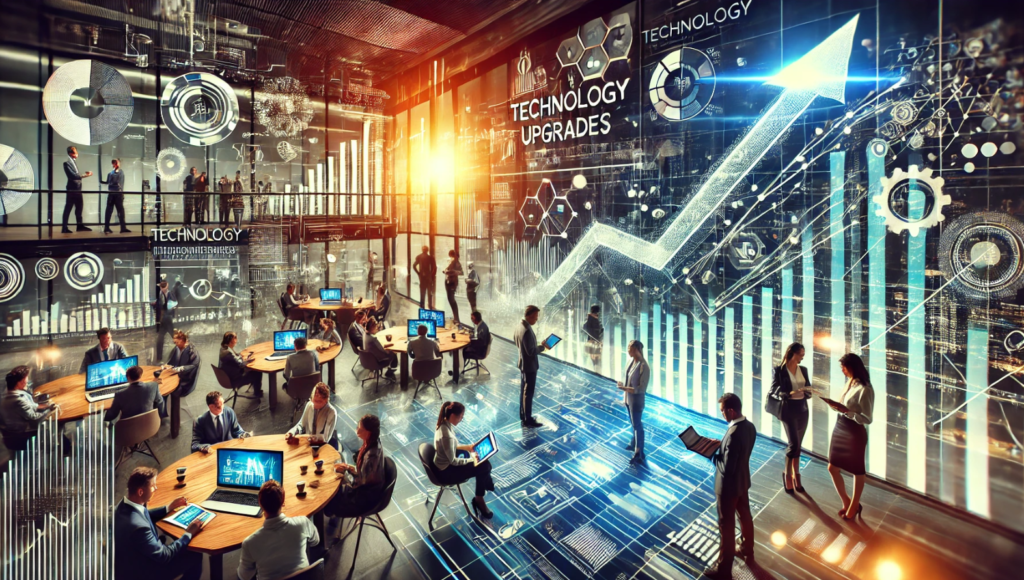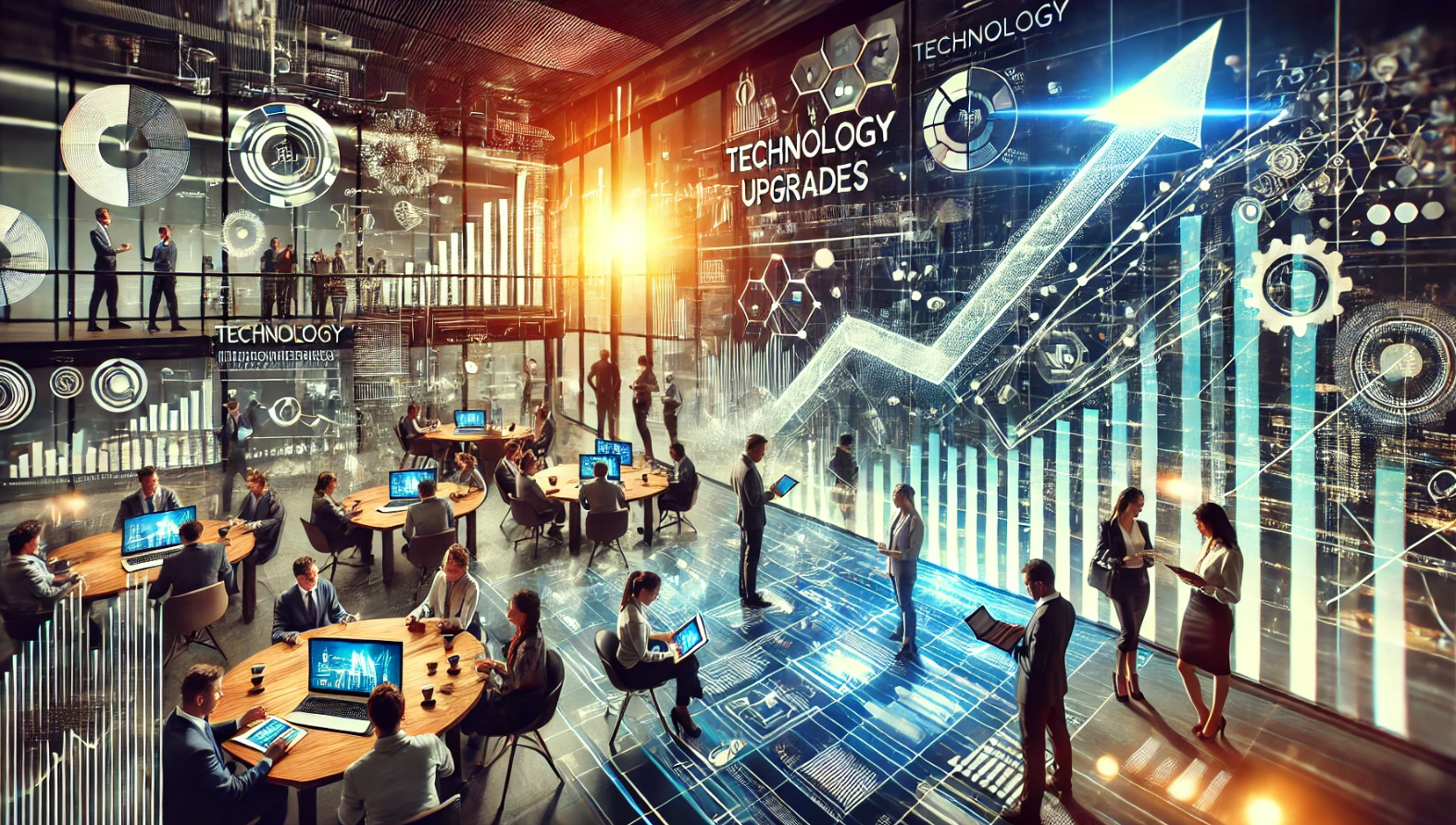
Technology is essential for operations, communication, and productivity in today’s fast-paced business world. Companies rely on hardware—like computers, servers, and network devices —to keep everything running smoothly. However, all tech hardware has a limited lifespan. Regularly upgrading this equipment is crucial, and failing to do so can put businesses at a disadvantage. Let’s explore the benefits of updating tech hardware.
Enhanced Performance and Productivity
Outdated hardware can slow down your team’s productivity. Older devices struggle to keep up as software advances, leading to lagging performance and frustrating delays. By upgrading hardware, businesses can ensure they use the latest technology, allowing employees to work efficiently and meet deadlines more easily.
New hardware also features improved designs, energy efficiency, and user experiences. Upgraded devices have faster processors and better connectivity, which enhances workflow and helps your team focus on delivering quality results.
When employees work with modern, reliable equipment, their morale and satisfaction are boosted, directly impacting their performance and retention.
Improved Security
Cybersecurity threats constantly evolve, and older hardware is more vulnerable to attacks. As devices age, they may no longer receive essential security updates, making systems easy targets for hackers. Many cyberattacks focus on outdated hardware with known vulnerabilities, risking sensitive business and customer data.
Regularly replacing hardware allows businesses to benefit from modern security features like hardware-based encryption and stronger firewalls, helping to protect against cyber threats.
In industries such as healthcare and finance, strict regulations require businesses to maintain data security and system integrity. Using outdated hardware can lead to compliance issues, resulting in fines or legal problems.
Cost Savings in the Long Run
It might seem counterintuitive, but it can be more expensive to use old hardware. Older devices often require frequent maintenance and repairs, which add up quickly. They also tend to use more energy, leading to higher electricity bills.
Investing in newer, energy-efficient hardware reduces maintenance costs and saves on power. New devices usually come with warranties that cover repairs, lowering unexpected expenses. Regular replacements help businesses budget better and avoid financial surprises.
Additionally, upgrading to eco-friendly devices can lower your carbon footprint and support sustainability efforts.
Better Compatibility and Integration
As technology advances, software and tools are optimized for the latest hardware. Older systems may struggle to support new software updates, leading to inefficiencies.
By upgrading hardware, businesses ensure all systems work seamlessly together, improving efficiency and enabling cutting-edge tools that provide a competitive edge.
Conclusion
Regularly replacing tech hardware is essential for maintaining security, efficiency, and competitiveness. As technology evolves, businesses must invest in the latest hardware to enhance productivity, protect sensitive data, and meet industry standards. Staying current with hardware is not just about keeping up; it’s about staying ahead.
If you’d like to discuss this topic or any other tech-related inquiries, please contact CatchMark Technologies through the Contact Us form on our website.

